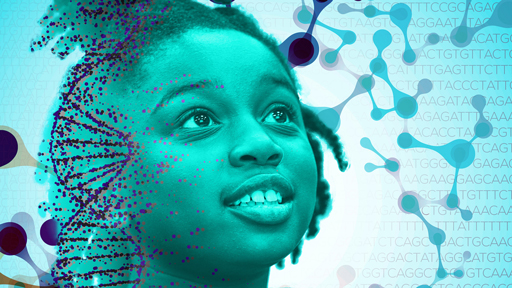"Patients suffering from brain diseases - including bipolar disease, major depression, schizophrenia, obsessive-compulsive disorder, movement or seizure disorders, as well as failure to exhibit normal development in young children - are seeking assistance from psychiatrists and neurologists," said Eugene Passamani, M.D., NHGRI consultant and former senior vice president for medical affairs at Suburban Hospital. "Genomics offers a potential means to understand these phenotypes and, perhaps, one day develop the means to prevent or mitigate these disorders."
The new four-part series is part of lecture program launched in 2011 to enhance health-care professionals' understanding of the intersection between genomics and medicine. NHGRI and its collaborators developed the Genomics in Medicine Series in response to the institute's 2011 vision for genomic research. It addresses two aspects of the vision: advancing the science of medicine and improving the effectiveness of healthcare. Both objectives recognize the importance of translating genomic science into clinical care.
"Physicians are inspired by genomics but need practical assistance to build competencies to use genomics in the prevention, diagnosis and treatment of disease," said Dr. Passamani, M.D.
Genomics in Medicine speakers universally have been experts in their fields - from NHGRI, other National Institutes of Health (NIH) institutes and centers and The Johns Hopkins University School of Medicine. Topics of the 20 previous lectures have spanned genomics and oncology, ophthalmology, autoimmune disease and infectious disease. Most lectures have garnered audiences of 80-100 health care workers, including physicians and nurses and others interested in the spectrum of topics. In addition, video recordings of all lectures are available on YouTube at GenomeTV.
Read more about the Genomics in Medicine lecture series, here.



